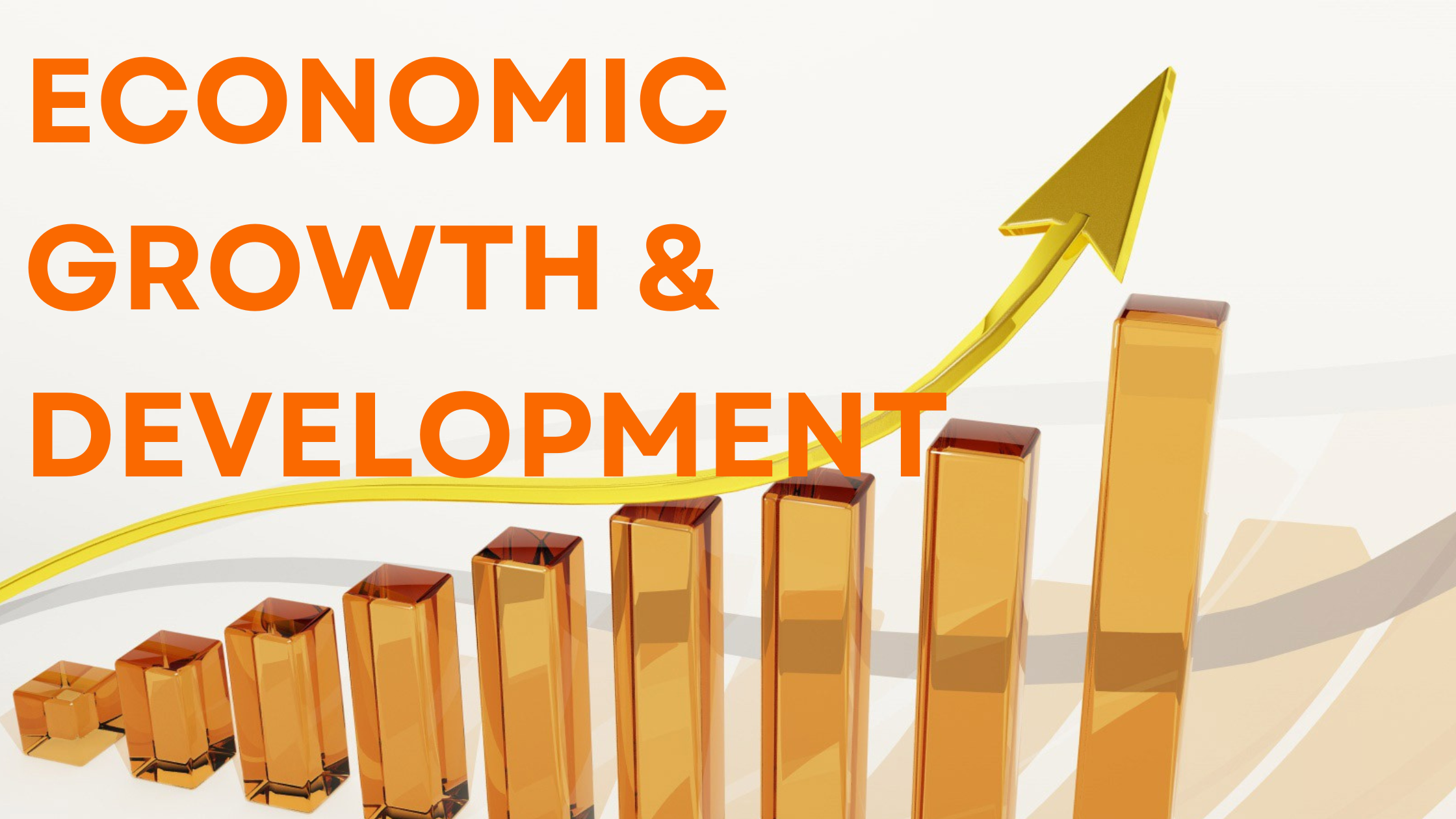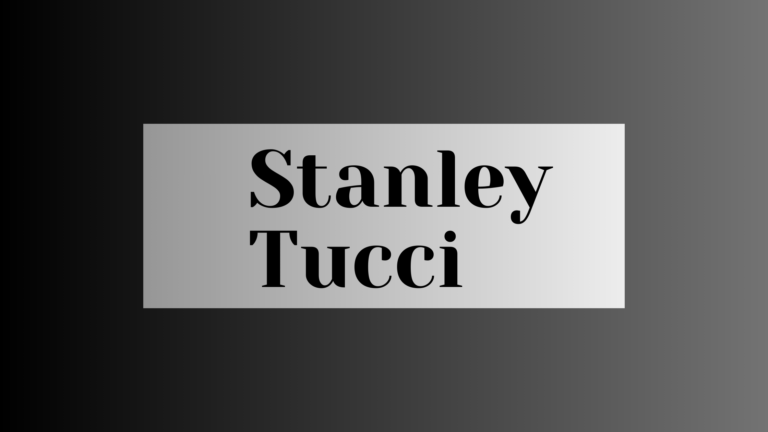The Role of Policy in Shaping Economic Growth and Development
Introduction
Policy plays a crucial role in shaping economic and development. It provides the necessary for governments to make decisions, implement measures, and set priorities steer economies towards progress. In this article, we will examine the significance policy in economic growth, explore different types of policies that shape development, analyze policy tools for stimulating growth, discuss the role of government in policy-making, highlight key considerations in policy implementation, present case studies of successful policy approaches, address challenges and limitations of policy in economic development, identify emerging policy trends, and conclude with a reflection on the future outlook.
For more articles check Newsworldportal
The Significance of Strategy in Monetary Development
Strategy fills in as a directing power for countries planning to accomplish practical financial development. By laying out rules and guidelines, strategies establish a steady business climate that empowers speculation, upholds development, and supports business. Successful strategies give consistency and certainty to both homegrown and unfamiliar financial backers, which prompts expanded work creation, efficiency, and by and large monetary turn of events. Also, very much planned approaches address market disappointments, advance contest, and guarantee impartial dissemination of assets, assisting with lessening pay disparities and ease destitution.
Kinds of Strategies that Shape Financial Turn of events
Strategies can be comprehensively sorted into various kinds, each focusing on a particular part of financial turn of events. Financial arrangements, oversaw by national banks, plan to manage cash supply, loan fees, and trade rates to control expansion, balance out money values, and cultivate macroeconomic soundness. Monetary strategies, oversaw by finance services, include government spending, tax collection, and acquiring choices, fully intent on overseeing total interest, balancing out financial cycles, and supporting public ventures. Modern strategies center around supporting designated areas by giving impetuses, sponsorships, and foundation to energize innovative work, mechanical advancement, and modern broadening.
Strategy Devices for Invigorating Financial Development
States have different approach apparatuses available to them to invigorate monetary development. These incorporate financial apparatuses, for example, loan fee changes, open market tasks, and hold prerequisites to impact getting expenses and credit accessibility. Financial instruments incorporate public spending on foundation, schooling, medical services, and social government assistance programs, as well as expense impetuses and decreases that advance venture and utilization. Other strategy apparatuses incorporate exchange arrangements that shape levy and non-duty hindrances to global exchange, speculation approaches that draw in unfamiliar direct venture, and administrative strategies that guarantee fair contest and shopper assurance.
The Job of Government in Arrangement making
States assume a focal part in strategy making, as they are liable for forming and carrying out strategies that drive financial development. Through interview with different partners, state run administrations distinguish key improvement needs, set targets, and plan strategy structures to address explicit difficulties. Also, states allot assets, coordinate endeavors between various services and organizations, and screen the execution and effect of arrangements. They likewise participate in worldwide collaboration and arrange arrangements to adjust homegrown approaches to worldwide patterns and norms.
Key Contemplations in Strategy Execution
Really executing strategy requires cautious thought of a few elements. Right off the bat, clear goals and targets should be laid out, alongside quantifiable markers to screen progress and assess results. Also, strategy execution requires coordination and joint effort across various government divisions, as well as commitment with non-legislative associations and the confidential area. Sufficient monetary assets, limit building, and institutional help are pivotal for effective execution. Finally, policymakers ought to consistently survey the viability of strategies, make essential changes, and encourage a culture of nonstop strategy improvement.
Contextual analyses: Effective Arrangement Approaches
A few contextual investigations represent the positive effect of very much planned strategies on monetary development and improvement. South Korea’s product arranged modern strategies, combined areas of strength for with in innovative work and schooling, prompted quick industrialization and mechanical headway. Singapore’s proactive venture strategies, combined with hearty administration and productive framework improvement, changed it into a significant worldwide monetary focus. China’s market-based changes and designated modern approaches have brought about amazing financial development and destitution decrease. These models exhibit the capability of viable strategies in driving monetary achievement.
Difficulties and Restrictions of Strategy in Financial Turn of events
While strategies assume an essential part in monetary turn of events, they are not without difficulties and impediments. Unfortunate strategy plan or execution can prompt unseen side-effects, like market mutilations, debasement, and disparity. Offsetting transient needs with long haul goals can be perplexing, and political elements can now and again ruin strategy viability. Moreover, outer shocks, mechanical disturbances, and changing worldwide elements might require successive strategy changes. Restricted monetary assets, lacking limit, and regulatory shortcomings can frustrate strategy execution and lessen its effect.
Future Viewpoint: Arising Strategy Patterns
Looking forward, a few arising strategy patterns can possibly shape financial development and improvement. Maintainable advancement arrangements that emphasis on ecological insurance, environmentally friendly power, and environmental change relief are acquiring significance. Digitalization strategies that outfit the force of innovation, advance internet business, and cultivate development are becoming fundamental for economies to remain cutthroat. Social arrangements that address pay incongruities, admittance to training and medical care, and social security nets keep on being basic for comprehensive development and cultural prosperity. Worldwide strategies that advance fair exchange, worldwide collaboration, and practical improvement objectives are supposed to acquire noticeable quality later on.
Conclusion
Policies significantly influence economic growth and development by providing the necessary framework, setting priorities, and implementing measures. Well-designed policies promote innovation, attract investments, reduce inequalities, and lead to sustainable development. Governments play a vital role in policy formulation and implementation, ensuring coordination, monitoring, and adjustment of policies as needed. However, challenges and limitations exist, emphasizing the importance of continuous evaluation and improvement. As global dynamics and priorities evolve, emerging policy trends will shape the future of economic growth, with a focus on sustainability, digitalization, inclusivity, and international cooperation.






